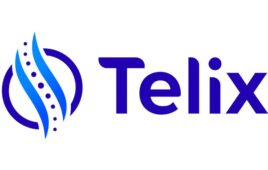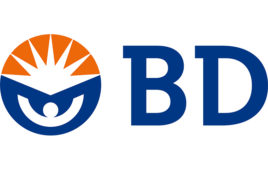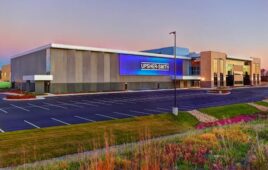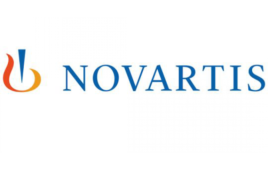On the hunt for new therapies and new customers to drive
growth, pharmaceutical executives will step up acquisition activity in the
coming year, according to a recent survey by KPMG LLP, the U.S. audit, tax
and advisory services firm.
In the KPMG survey, 83 percent of executives said it is
likely their company will be involved in a merger or acquisition as a buyer or seller
in the next two years. Further, 41 percent of executives surveyed said the
largest area of spending in the next year would be for acquisitions, followed
by new products and services, at 38 percent, and research and development, at
38 percent. Similarly, a strategic acquisition was cited as the highest
priority investment area by 41 percent of executives surveyed, followed by
expansion into new markets by 22 percent.
“Mergers and acquisitions will be exceptional forces
over the next two years, as industry executives look to gain access to new
products and markets, and new revenue streams,” said Ed Giniat, KPMG U.S. chair of pharmaceuticals.
“Industry leaders have their work cut out for them to offset the patent
losses and regulatory and pricing pressures.” According to the KPMG
survey, 58 percent of executives identified patent expirations of key therapies
and generic competition as the top issue facing their company, followed by
increasing regulation and enforcement at 45 percent, and lack of new products
in the pipeline at 34 percent.
“The good news is companies have cash to invest in or
acquire new medicine breakthroughs, or markets and customers to drive some growth,”
said David Blumberg, KPMG national advisory pharmaceutical sector lead partner.
In fact, more than three quarters of executives said their organizations
had significant cash on hand and half of them said they expect to increase
capital spending over the next year. Further, more than a third said investment
was already underway, while an additional 36 percent said investment would be
made before the end of the first quarter of 2012.
“Today, pharmaceutical leaders are pursuing geographic
expansion in a major way to spur organic growth,” said KPMG’s Blumberg.
Asked what single initiative their company’s management
would spend the most energy on in the next two years, 23 percent said investing
in organic growth, followed by 16 percent who said cost reduction initiatives,
and 16 percent who said improving operation processes and related technology.
While pharmaceutical executives focus on growth initiatives,
they do so “against the backdrop of a very tough economy,” said
KPMG’s Giniat.
“They are not projecting an economic turnaround for
years.” In fact, when asked about the timing of a full recovery, 31
percent said by the end of next year, 27 percent said not until the end of 2013,
and 27 percent said not until the end of 2014.
According to the KPMG findings, most executives expect just
moderate improvements in revenue and hiring. A year from now, 48 percent of executives
said revenue would be moderately higher, with just 16 percent expecting
significantly higher revenue.
On the outlook for headcount, 41 percent of executives said
they plan to add personnel next year, while 15 percent said by the end of 2013,
and 23 percent by the end of 2014 or later. Interestingly enough, 23 percent
never expect hiring to return to pre-recession levels.




